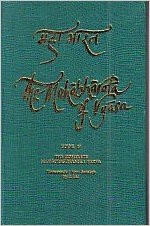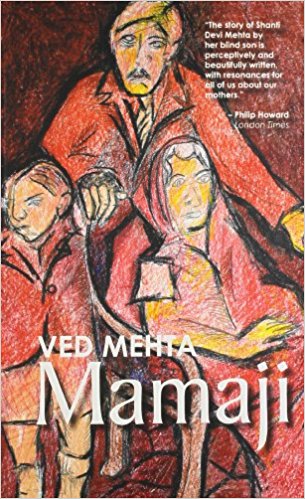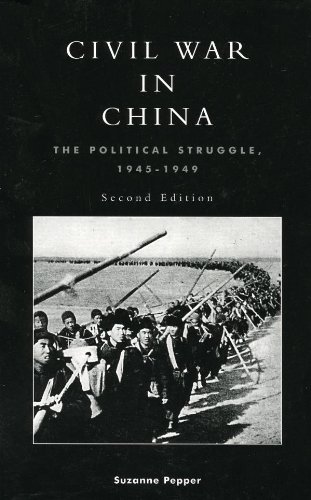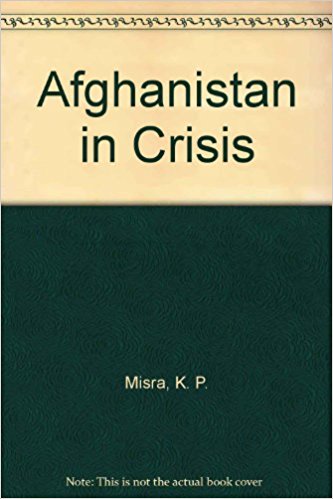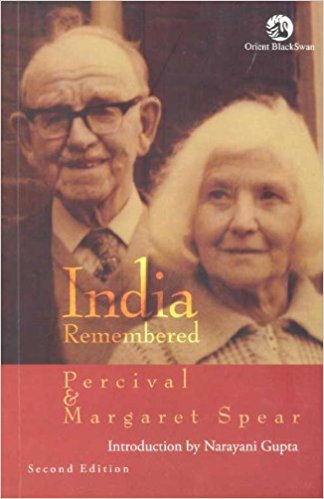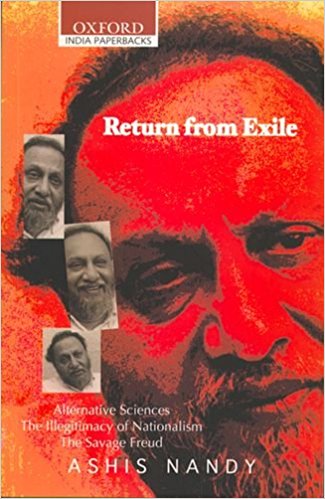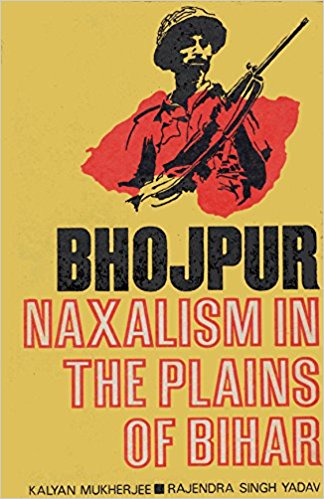Archives
March-April 1981 . VOLUME 5, NUMBER 3/4R.C. Dutt, the first ‘condenser’ of the Mahabharata’s one lakh slokas, chose to spare the Western reader the ‘unending morass’ and ‘Monstrous chaos’ of episodical matter by leaving out whatever he felt to be superincumbent.
1981
This is the third volume in a series of books about the author and his family. Daddyji, dealt with the paternal side of his ancestry while Mamaji deals with the maternal side. His own life has been portrayed in Face to Face.
The relevance of Pepper’s work for a scholar seeking to understand the dynamic that informed the politics of China’s civil war period cannot be over emphasized. Not only does Pepper treat us to a most perceptive and brilliant analysis of what went into making a communist victory possible in 1949
Confronted with a host of· books on Afghanistan the overwhelmed reader needs to have good reason not to consign to unread oblivion yet another work on the subject. What distinguishes this selection of essays is their analytical presentation of an Indian perspective on the Afghan crisis and its implications for the region and the international system.
The industrial structure of cities, immigration and capital investments are most likely to be highly correlated. But, establishing a cause and effect relationship between variables like in-migration and employment would be as difficult as proving whether the egg comes first or the hen.
In her well-written book, The Communal Edge to Plural Societies, Ratna Naidu explores the social morphology of the communal question in India and Malaysia. She probes into the normative structure of communalism, the contextual differences between communalism and nationalism, and, most significantly, on the vastly different assumptions in the approaches of the political elites in the two countries.
This is not a plain tale from the Raj even though it is the journal of the wife of a British officer serving in India. The touch of the mem-sahib is inevitable since Honoria Lawrence was one; however, it remains a mere streak in an otherwise rich and complex personality and it is the individual who comes through strongly in the pages of the journal. She is a woman of many strands and if her husband was regarded as someone rather special then she has claims to the same regard in her own right.
1981
After a gap of many years, Margaret and Percival Spear returned to India to recall and reflect on the life they had together spent in this country during the twenties, the thirties and half the forties of this century.
The problem of scientists functioning in a non-rational culture, with consequences to their own personalities and to their work, is not a new one. Newton studied trigonometry and geometry to help him solve riddles of alchemy and astrology and Halley, the first secretary of the Royal Society, admiring a calico shirt imported from India.
Neither Bhojpur nor ‘Naxalism’ stand at the heart of the issues which this book raises. The places, the dates, the individuals—and the ‘-ism’ attributed to them-pale into relative insignificance besides the deeper causes, and the long-running continuities, of the struggle for land rights and human dignities which is the real substance of this work.
Three major approaches underline the bourgeoning literature on Northeastern India—the historico-political, the Marxian and the Pluralist. Emphasizing on the class dimension of the turbulences in the various states of the region, the Marxian perspective has noted with concern, the evolution and growth of ‘little nationalism’ and nativist chauvinism.


